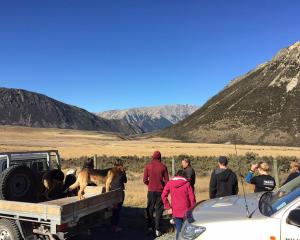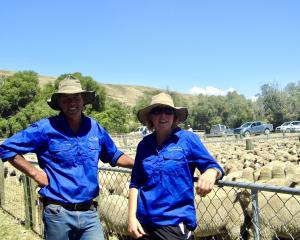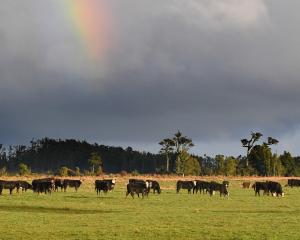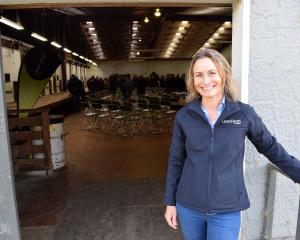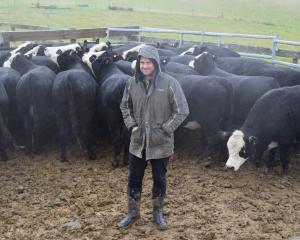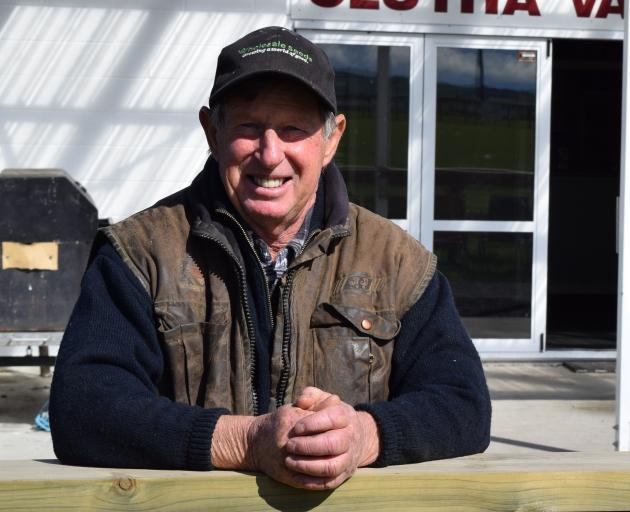
Creekside Pastures co-owner Gary Stirling, of Clydevale, said he had some "nice looking" Angus-cross calves and called stock agents to find someone to sell them to for rearing.
"There’s no interest at all in them."
Consequently, many farmers were putting calves on bobby trucks, he said.
PGG Wrightson Otago livestock manager John Duffy said fewer beef calves were being reared each year.
"The rot set in last year but it’s not just a one-off problem, it’s being an ongoing issue. It’s a combination of market forces in play for about five years."
Calf rearing was a less popular profession in Otago than other places, such as South Canterbury.
"There used to be a huge number reared in South Canterbury but agents up there said there’s less and less prepared to do it because they couldn’t get paid enough for their 100kg calves to justify doing it."
He recalled a rearer who had a contract to grow calves to 100kg but due to an oversupply, the contract holder could have bought calves much cheaper at market.
Consequently, some cattle finishers, rather than signing a contract, were opting to buy 100kg cattle at market, hoping to get them cheaper.
"Which is all very well but it’s not very good long-term for those rearing them, because they are only getting back what it costs to rear them."
He expected some bankers would be declining the loan applications of some rearers seeking funds to buy calves and supplies, such as milk powder and calf feed, unless they could provide a contract to prove a profit could be made.
A fair price for 100kg calves needed to be found at a level which was sustainable for the seller and buyer.
Many rearers had exited the industry because they could not afford to wait for prices to improve.
"Some of these poor rearers have had it tough for four or five years and they’ve changed to doing something else because they couldn’t continue on the hope the price might get to a point where they can make money — it’s a vicious circle."
He had heard the trend of fewer rearers was the same in other parts of New Zealand.
If the trend continued of people unwilling to pay a fair price for 100kg calves, it might get to a point where farmers might struggle to find cattle to finish.
"It’s got to a bottoming out period where you’ve got rearers saying ‘I’ve had a gutsful of doing this for five years and making bugger all out of it so someone else can do it’ — but no-one else is doing it."
Beef finishers had been in the "box seat" due to a surplus of cattle on the market but the "table [was] turning" as rearers exited the industry.
"It’s been brewing for a good five years."
SHAWN.MCAVINUE@alliedpress.co.nz


